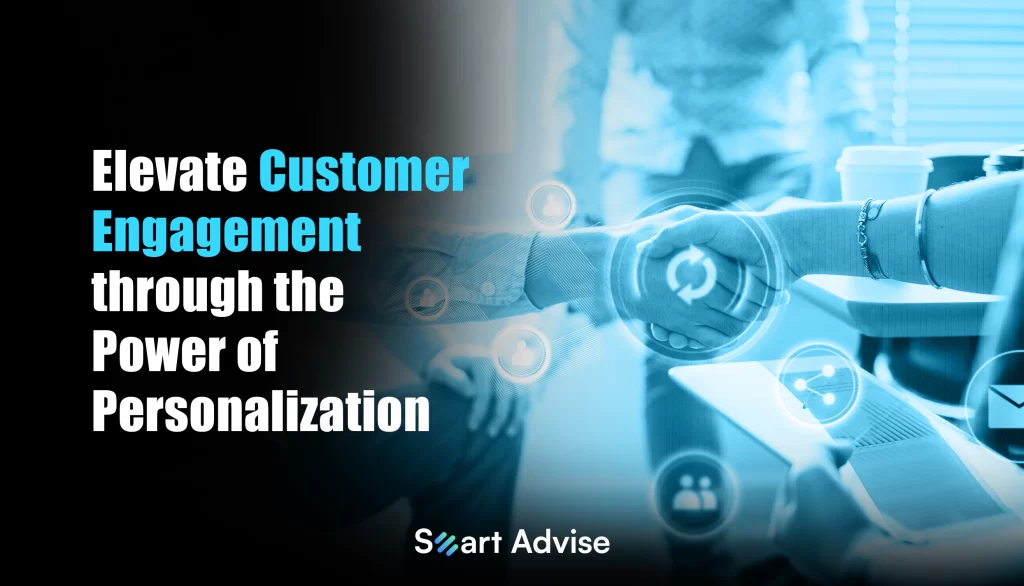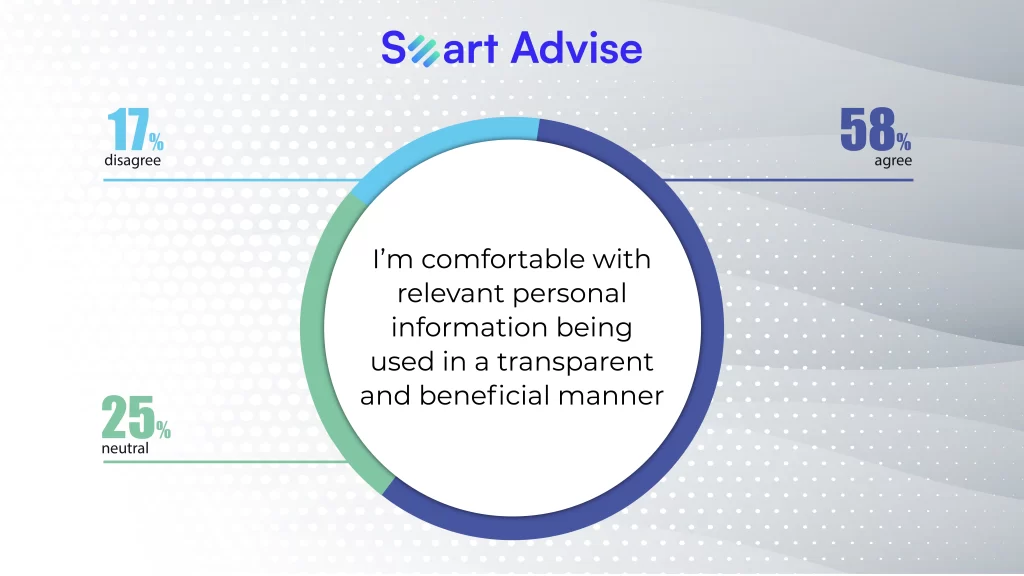
Make your brand approach more personal for consumers, tapping into the 80% of customers who value it, and help your prospects increase
Companies today are always looking for new methods to differentiate themselves from the competition. A tactic that has become quite popular is customizing one’s experience. Businesses are using customization to make consumers’ experiences more engaging and meaningful, whether it’s via personalized marketing messaging or categorizing purchase suggestions. Let’s engage in detail about this, starting with…
The Rise of Personalization
Personalization is not a new concept, but the rise of advanced technologies has brought it to the forefront of marketing strategies. Today buyers anticipate individualized attention rather than a cookie-cutter strategy. They crave personalized interactions that resonate with their preferences, needs, and behaviors. Epsilon found that when companies provide unique experiences, 80% of customers are more inclined to buy from such firms.

Customized Shopping Experiences
One of the most visible manifestations of personalization is in the realm of e-commerce. Online retailers, such as Amazon, have set the gold standard for personalized shopping experiences. By analyzing customer browsing history, purchase patterns, and preferences, these platforms provide users with personalized product recommendations, making the shopping journey smoother and more enjoyable.
Accenture found that when companies know, recall, and make relevant offers and suggestions, 91% of customers are more inclined to buy with those brands. This indicates a clear correlation between personalization and increased customer loyalty.
Email Marketing: Beyond Generic Campaigns
Email marketing is another arena where personalization can make a significant impact. Generic email campaigns often get lost in crowded inboxes, but personalized emails stand out and grab attention.
According to a report by Statista, personalized email campaigns have an open rate of 18.8%, compared to 13.1% for non-personalized emails.
Through data analytics and customer segmentation, businesses can send targeted and relevant messages to specific audience segments. For example, a clothing retailer might send personalized recommendations based on a customer’s previous purchases, leading to a more personalized and enjoyable shopping experience.
The Power of Data Analytics
Behind the scenes, data analytics plays a crucial role in enabling personalization. By collecting and analyzing customer data, businesses gain insights into individual preferences, behaviors, and demographics. This information forms the foundation for creating personalized experiences across various touchpoints.
According to a report by Forbes, 71% of consumers express frustration when their shopping experience is impersonal. This frustration can lead to disengagement and, ultimately, lost business. On the flip side, businesses that effectively leverage data to personalize experiences can build stronger connections with their customers.
Challenges and Considerations
While the benefits of personalization are evident, businesses must tread carefully to avoid potential pitfalls. Priority tops is to tackle problems of data security and privacy. A study by Deloitte found that 79% of consumers are willing to share their data, but only if they receive a tangible benefit in return. This underscores the importance of transparent communication and ensuring that customers understand how their data will be used.
Moreover, businesses need to strike the right balance between personalization and intrusiveness. Bombarding customers with overly personalized messages can be off-putting. It’s crucial to understand customer preferences and frequency tolerance to deliver a personalized experience that feels natural and not intrusive.
Case Studies: Personalization Success Stories
Several businesses have successfully elevated customer engagement through strategic personalization. Spotify, for example, uses machine learning algorithms to analyze user listening habits and provide personalized playlists. This level of personalization has contributed to the platform’s immense popularity, with over 574 million active users globally.
Similarly, Netflix utilizes personalization algorithms to recommend movies and TV shows based on a user’s viewing history. According to a survey by Statista, Netflix users base has increased to 247.2. This personalized approach has undoubtedly contributed to Netflix’s dominance in the streaming industry.
Looking Ahead: The Future of Personalization
As technology continues to advance, the possibilities for personalization are expanding. Artificial intelligence (AI) and machine learning (ML) are playing increasingly important roles in predicting customer preferences and behaviors. The use of chatbots powered by AI, for instance, allows businesses to provide real-time, personalized interactions with customers, enhancing the overall customer experience.
According to a report by Forrester, 72% of businesses say improving customer experience is their top priority. Personalization, driven by AI and data analytics, will undoubtedly be a key driver in achieving this goal. Businesses that invest in advanced personalization technologies are likely to gain a competitive edge and foster stronger, more loyal customer relationships.
Conclusion
To sum up, personalization’s impact on increasing consumer engagement is immense. Companies that use tailored experiences across all touchpoints—from email marketing to e-commerce platforms—see an uptick in consumer happiness and loyalty. The importance of customization in generating beneficial results for companies and customers is shown by data from top publishers.
With the help of artificial intelligence and data analytics, customization is going to become much more advanced in the future. But companies must tread cautiously on this terrain, heeding privacy issues and striking a balance between being too personal and being too invasive. Personalization is more than a strategy; it’s a need for companies that want to succeed, when consumer expectations are at an all-time high. Connect with us at Smart Advise to get to know the pulse of the consumer!